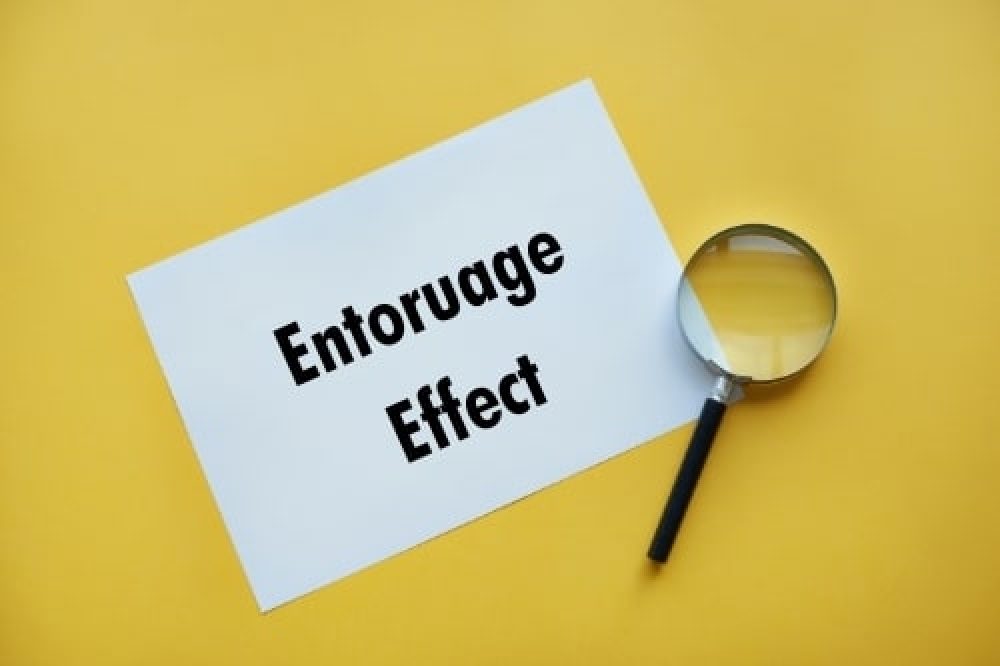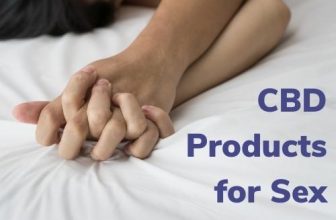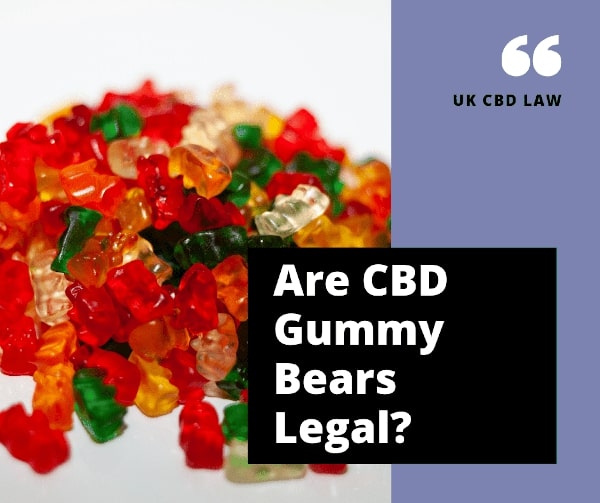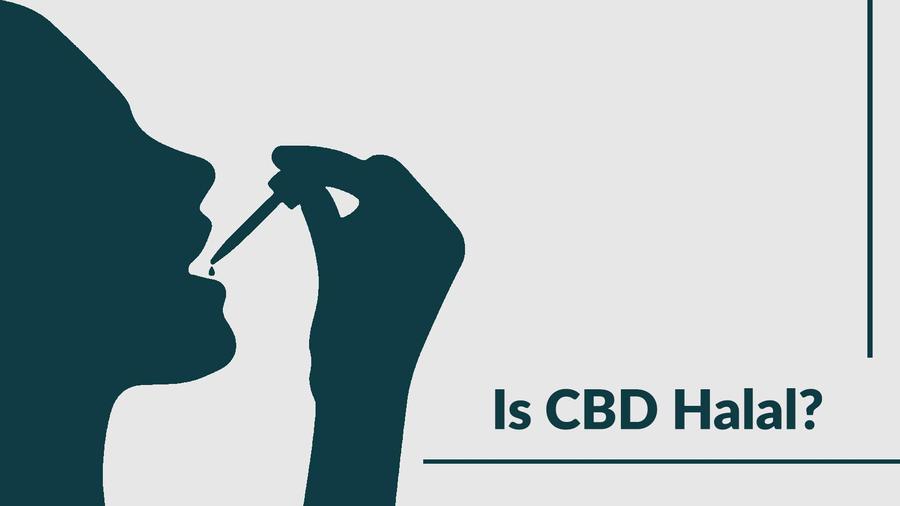
Did you know that there’s more to CBD products than just CBD?
A bit of a strange concept on the face of it, but dig just a little deeper and you’ll find that this theory holds true.
We’re not talking about the functional parts of CBD oils and vape juices, mind you, like the carrier oils needed to absorb CBD into the bloodstream or thinning agents needed in vape oils.
No, we’re talking about something else entirely. Something natural. Something pivotal to the intensity of your CBD experience.
We’re talking about the mysteriously named Entourage Effect.
So, What Does the Entourage Effect Really Mean?
It’s quite simple. The cannabis plant is considered greater than the sum of its parts.
CBD is just one compound from the cannabis plant. When it’s mixed with cannabis’s other naturally occurring plant molecules, the effects of CBD are thought to get stronger.
But hold on a second, cannabis is illegal, right? I don’t want to get high, I don’t want to break the law…
Don’t worry! Only a few of the 423 known compounds in cannabis are classed as a controlled substance in the UK, and even these are allowed in small quantities.
Genuine CBD products will not get you high and are completely legal in the UK.
What Are We Going to Cover in This Article?
In this article, we are going to go over the following topics:
- Evidence for the entourage effect.
- Which plant compounds contribute to the entourage effect.
- Full-Spectrum, Broad-Spectrum and Isolated CBD. Where does the entourage effect come in?
Evidence for the Entourage Effect
The concept of the entourage effect was first proposed in 1998 in the European Journal of Pharmacology by a group of scientists investigating the effect of a naturally-occurring endocannabinoid.

You may not be aware, but endocannabinoids such as anandamide are produced naturally in the human body. These compounds are not the same as the ones that are found in the cannabis plant, mind you, but they do work on the same brain receptors.
Anyway, back to the experiment: these scientists discovered that other naturally occurring compounds increased the effectiveness of the endocannabinoid, just by being there, and when they were removed its effectiveness was reduced.
Since then, there have been a limited number of studies investigating the evidence for the entourage effect, although more research is needed.
Two such studies include:
- Johnson et al., 2010: A double-blind placebo-controlled study found that a combination of THC and CBD was significantly more effective at reducing pain than THC on its own and a placebo.
- Blasco-Benito et al., 2018: study into antitumor responses of pure THC versus a combination of THC and other naturally occurring cannabis compounds including cannabinoids CBG and THCA.
Which Plant Compounds Contribute to the Entourage Effect?
Cannabinoids
Aside from CBD and THC, there have been over 100 different cannabinoids identified. These cannabinoids are all unique, but many share similar properties.

These cannabinoids all interact either directly or indirectly with the endocannabinoid system receptors CB1 and CB2. When taken together, they are thought to enhance each other’s effect on the body.
Terpenes
Responsible for the smell of the cannabis plant, terpenes have their own unique properties and are thought to compliment the effect of cannabinoids.
While evidence suggests that terpenes do not directly impact the effectiveness of cannabinoids in binding to receptors, they are thought by many to “steer” the overall cannabinoid experience.
An article on the website Leafly indicated that you can predict how calming or energizing your cannabis experience will be by the terpene profile of the strain.
Full-Spectrum, Broad-Spectrum and Isolated CBD.
When it comes to CBD products, each and every one falls into one of three categories: isolate, broad-spectrum or full-spectrum CBD. These terms are directly related to the cannabis components of the product and therefore the entourage effect.
CBD Isolate
CBD isolate is the easiest of the three to explain as it is simply the CBD isolated from the other naturally occurring substances in the cannabis plant.
As you may have guessed, the entourage effect is not present in isolated CBD products and is thought to be less potent. This has the knock-on effect of CBD isolate often being less expensive than its full and broad-spectrum counterparts.
Full-Spectrum CBD
The other extreme to CBD isolate, full-spectrum CBD is not just CBD – in fact, all the naturally occurring elements of the cannabis strain are still present in the product.
This allows for maximum entourage effect potential which is thought to increase the effectiveness of the product, and, therefore, the price point.
Full-spectrum CBD often contains small dosages of THC despite its status as a controlled substance. However, 0.03% THC is allowed in these products so as long as this number is not exceeded, full-spectrum CBD is still completely legal in the UK.
However, given the European Commissions’ recent comments that it may reclassify CBD as a narcotic, it may not be long before even CBD isolate may not be sold in the EU.
Take a look at our article looking at what the EU’s CBD U-Turn means for the cannabis industry for more information.
Broad-Spectrum CBD
Broad-Spectrum CBD falls somewhere in-between full-spectrum and isolated CBD. Although not all of the additional cannabis compounds have been removed from broad-spectrum products, some – most commonly controlled substances like THC and THCV – have been.
Although the entourage effect is restricted to some degree, broad-spectrum CBD removes the risk of consumers being flagged in drug tests for the likes of THC.
Conclusion
The entourage effect is a mysterious beast, and one we do not fully understand yet.
However, there is growing acceptance by the CBD community that the presence of additional plant compounds does impact the potency of CBD products, and many will continue to favour full-spectrum CBD over CBD isolate for this very reason.
Having said all this, more studies are desperately needed in this area of cannabis research, and indeed in cannabis research as a whole. Hopefully, with changing societal perceptions across the UK, US and around the world, this gap will be filled sooner rather than later.







